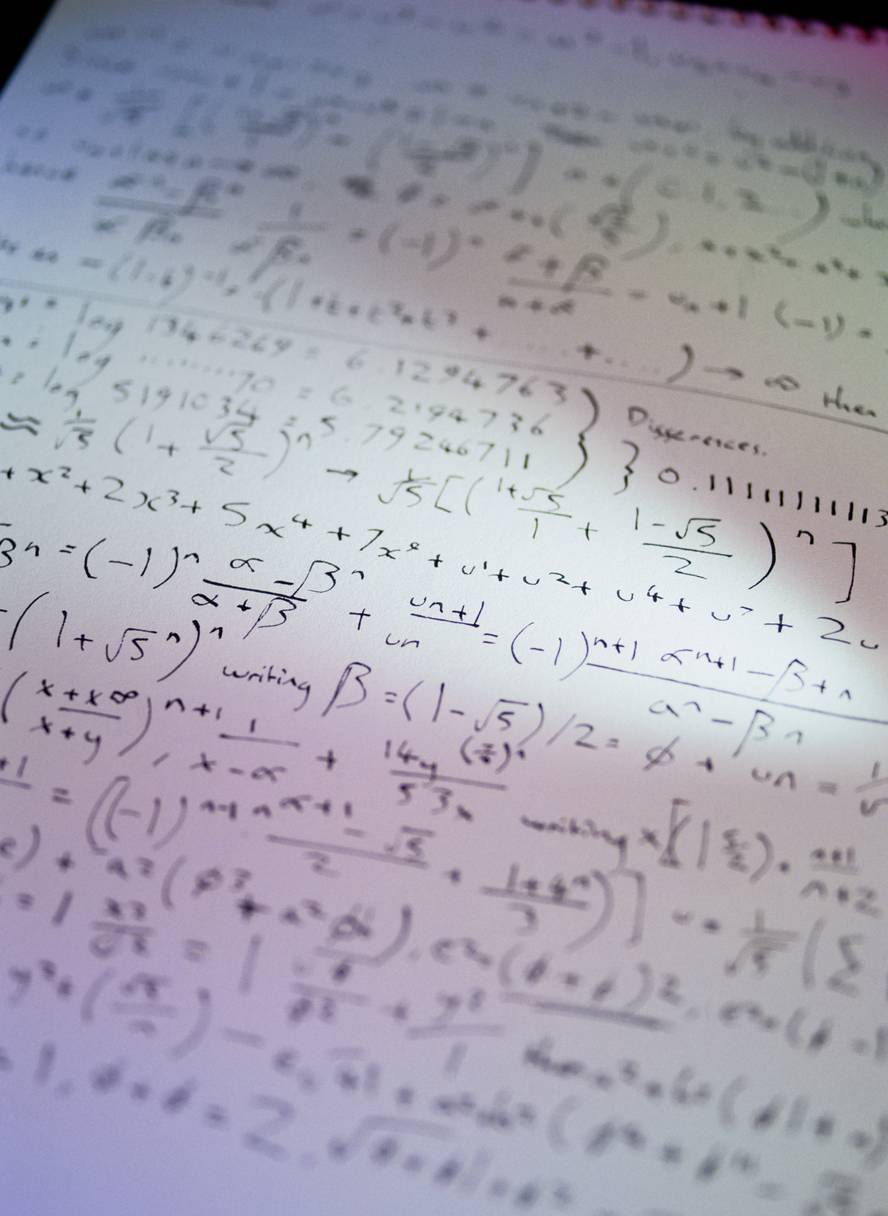They present the test of the abc
In the world of mathematics, the margins are mixed: Japanese mathematician Shinichi Mochizuki has presented a test of the aiero abc, one of the great challenges that were (or exist) within the theory of numbers. If the test is fine, say the mathematicians, it will be one of the great advances of recent times, such as those of Grigori Perelman or Andrew Wiles, who presented Poincaré's aieru and the proof of Fermat's last theorem, respectively. Thanks to these works have become the star of modern mathematics. For Mochizuki to be assimilated to them, it must be confirmed that the test is well.
But for this, mathematicians need time, since Mochizuki has created a new branch of mathematics to be able to demonstrate the abc: the Teichmüller theory of the universe.
What must be demonstrated seems simple; it refers to formulas of type a+b=c, where a, b and c are integers with an exponent of integers. But these apparently simple formulas have brought with them great challenges of modern mathematics, such as Fermat's last theorem.
In this case, abc that is, this type of formula is applied to the primary numbers. It is a theorization about the relationships between the primary numbers and is the generalization of many others. This means that if the abc is tested, many others will also be tested.
That is why many mathematicians have sought proof since David Masser and Joseph Oesterle proposed, since 1985. For example, Wiles himself, who demonstrated Fermat's theorem, tried. Now Mochizuki has used very new techniques and has done a 500-page test. The community of mathematicians should understand, review what was done, and decide whether or not they accept proof. Mochizuki enjoys good reputation among other mathematicians, is rigorous and clear, and it is quite possible that he has a direct proof. However, it must be confirmed; it has not yet been officially proven the conjecture abc.






